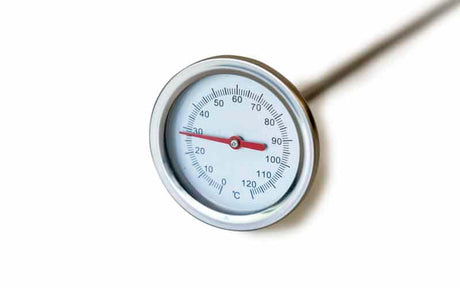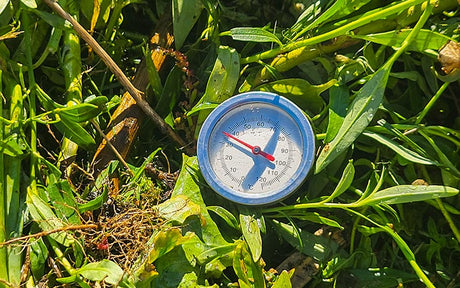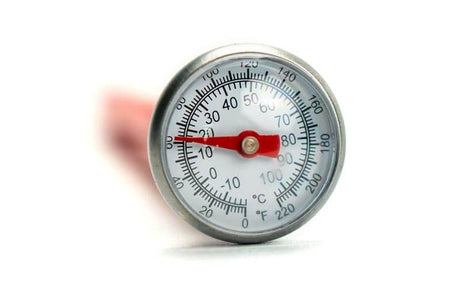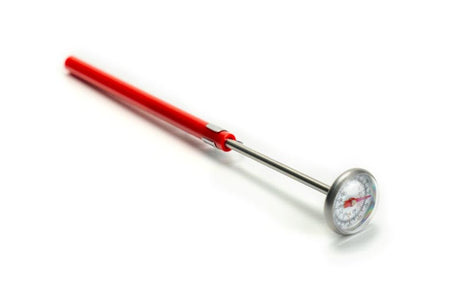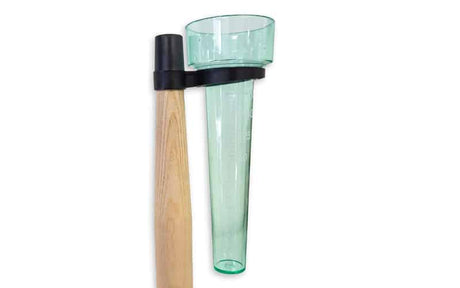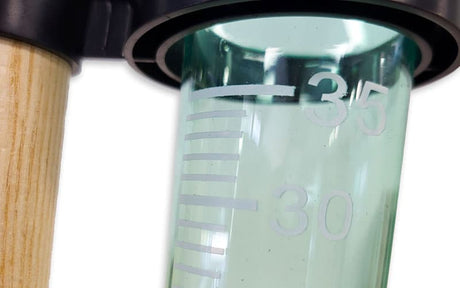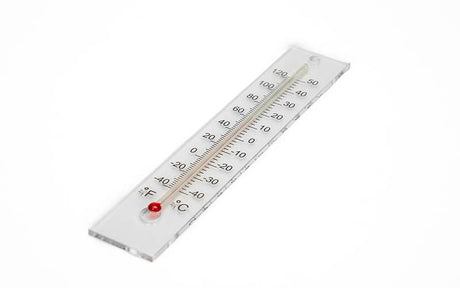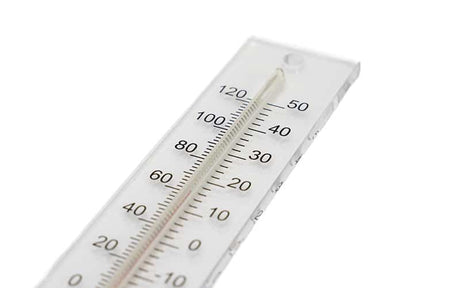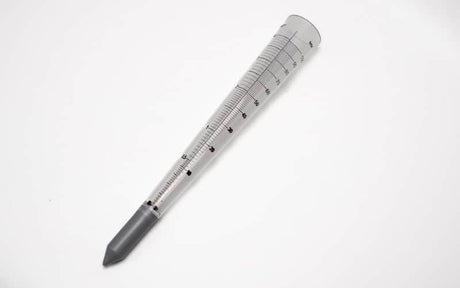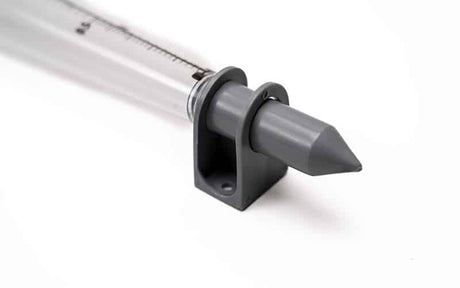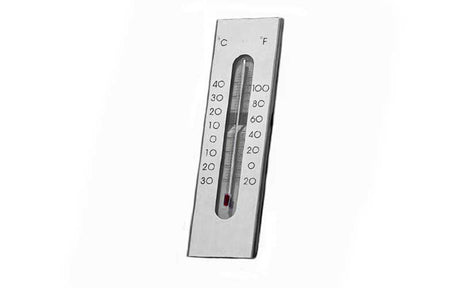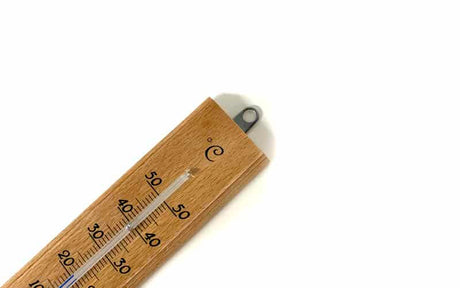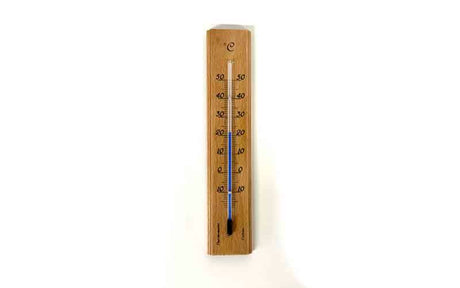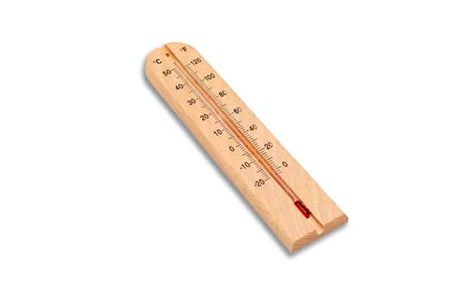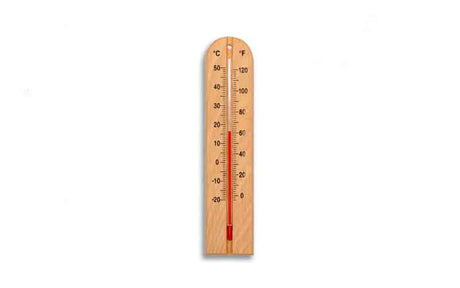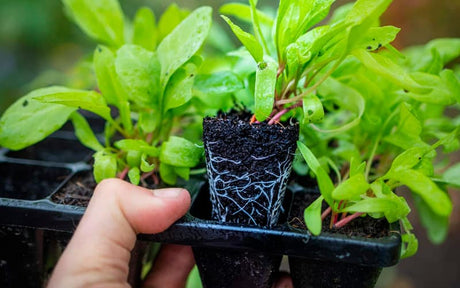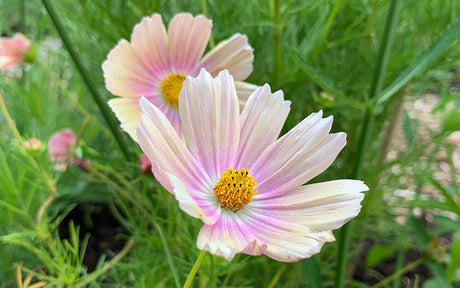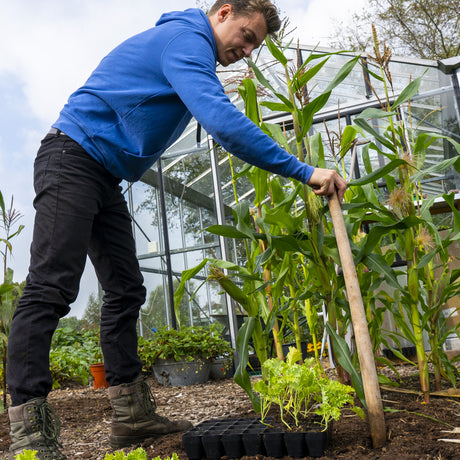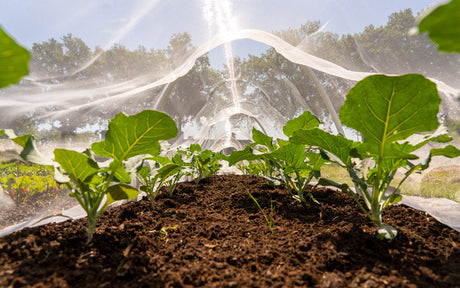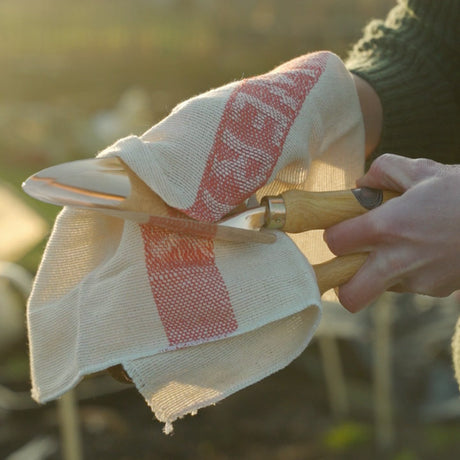Understanding your garden’s microclimate is crucial to optimizing plant health and growth. Our range of thermometers and rain gauges helps you accurately monitor temperature and rainfall, providing essential data to make informed gardening decisions. Whether you're gauging soil temperature for planting, measuring rainfall to manage watering, or ensuring ambient conditions are ideal for plant growth, our tools ensure you have the accurate information you need.
Soil and Compost Thermometer Stainless steel °C & °F 5 Inch | 12,5 cm
5,956,95Unit price /UnavailableRainwater gauge (Pluviometer) 1mm - 35 mm
4,95Unit price /UnavailableTransparent wall thermometer - °F and °C
9,50Unit price /Unavailable- 9,95Unit price /Unavailable
Outdoor aluminum wall thermometer - °F and °C
14,50Unit price /Unavailable- 5,95Unit price /Unavailable
- 5,95Unit price /Unavailable
Monitor Your Garden's Environment with Precision Tools
Effective Use of Compost Thermometers
A compost thermometer is an invaluable tool for serious gardeners who compost. Monitoring the temperature of your compost pile helps ensure it reaches and maintains the heat necessary to break down material and kill harmful pathogens. Insert the thermometer into the center of the pile to get a precise reading. Maintaining an optimal temperature not only speeds up the composting process but also produces richer, healthier compost for your garden.
Maximizing the Use of Rain Gauges
Rain gauges play a critical role in water management in your garden, helping you track how much natural rainfall your plants are receiving. Place the gauge in an open area away from any overhangs or trees to ensure an accurate measurement. By monitoring rainfall, you can adjust your watering schedule accordingly, ensuring your plants receive just the right amount of water without wastage.
Optimal Placement of Wall Thermometers
To get the most accurate ambient temperature readings, it’s important to place your wall thermometer in a location that avoids direct sunlight, drafts, and any heat sources like windows or doors. A north-facing wall under a covered area is ideal. Accurate temperature readings can help you protect your plants from extreme temperatures by making timely adjustments to their environment.
Benefits of Monitoring Garden Temperatures
Regularly checking the temperature in various parts of your garden helps you understand microclimates that can affect plant health. This knowledge allows you to plant species that will thrive in specific conditions and protect sensitive plants during unusual weather patterns.
Understanding Rainfall Patterns with Rain Gauges
Using a rain gauge isn’t just about measuring how much rain has fallen; it’s about understanding your local weather patterns over time. This information can be crucial for planning irrigation systems, scheduling planting seasons, and managing soil erosion. Being proactive with this data ensures your garden is resilient against both drought and excessive rainfall conditions.


